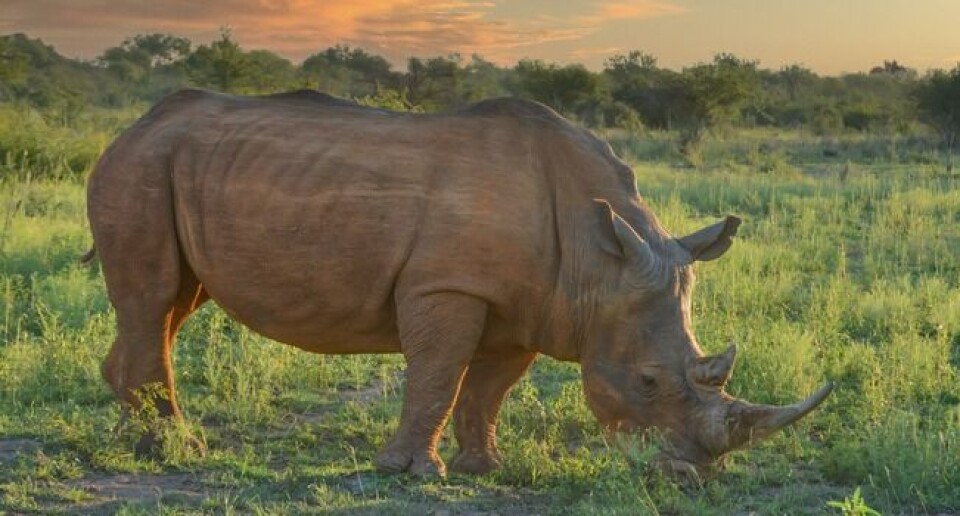Copyright : Re-publication of this article is authorised only in the following circumstances; the writer and Africa Legal are both recognised as the author and the website address www.africa-legal.com and original article link are back linked. Re-publication without both must be preauthorised by contacting editor@africa-legal.com
Translating conservation laws destroys barriers

Language is often seen as a barrier when it comes to understanding the law, but that is likely to change with the creation of a new website in the conservation space, writes Annie Dorasamy.
Access to the laws that govern land, air, water and species in South Africa – the third most biodiverse country in the world – has been made simpler through the recently launched LAWS website under the auspices of the Endangered Wildlife Trust (EWT).
One of the website’s unique features is that the information is available in five of the country’s more widely spoken languages: English, Afrikaans, isiZulu, isiXhosa and Sesotho, making the information more accessible for those who do not speak English as their first language.
The EWT is a non-governmental conservation organisation, with an expanding footprint in southern and East Africa. Its LAWS website has been developed to decode the complex legal and governance framework relating to the South African environment in a user-friendly way in line with EWT’s purpose of saving species, protecting habitats and benefiting people.
Project Manager of the Wildlife and Law Project and environmental attorney, Ashleigh Dore, said the platform is meant to empower and educate people on their environmental rights and legal responsibilities.
“South Africa has an extensive environmental legal framework, but up-to-date and easy to understand information is difficult to access and generally only available in English. Furthermore, South Africa has a rather complex governance framework, making it challenging for the average South African to know who to approach in terms of decision-making. This website was developed to address these challenges,” Dore explained.
LAWS is an acronym for land, air, water and species, and the website has been designed so that anyone who needs a legal answer to an environmental question should be able to access the information – in their selected language – on current legislation, policy and international legal provisions that South Africa is obligated to adhere to.
“We have a very expansive legal framework and we see offences across the board. When people hear the term ‘environmental crime’, generally people think of widespread pollution or the poaching of charismatic species like rhino; people don’t think of the poaching of indigenous plants like cycads or succulents or development without the appropriate authorisations, particularly as we are seeing a lot of illegal development in sensitive wetland systems,” said Dore. “To support rule of law in the country, the LAWS website provides information on the legal responsibility of South Africans, seeking to reduce environmental crimes through knowledge sharing.”
Dore says that with the introduction of the laws.ewt.org.za website, more people will be able to ensure that their rights are upheld and they are not contributing to illegal activities.
The website is supported by the Lewis Foundation, the British High Commission and the Embassy of Finland, and will, in the future, also feature live and recorded webinars and look to include information in the other official South African languages.
To join Africa Legal's mailing list please click here
